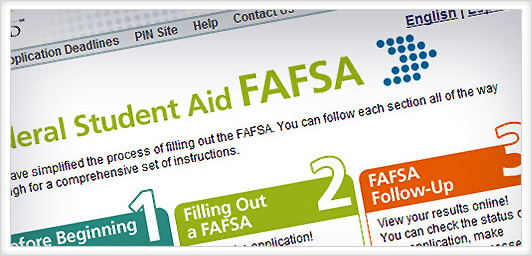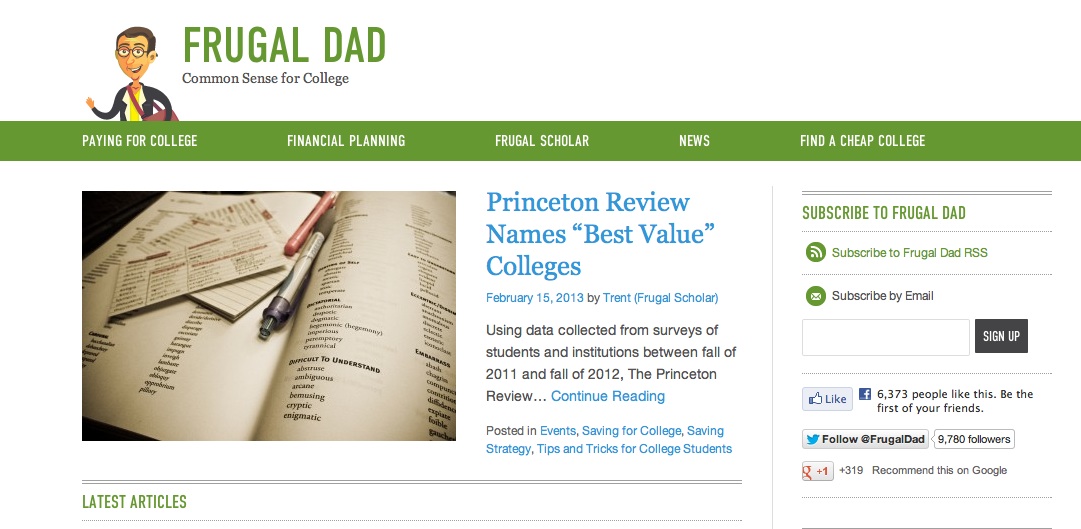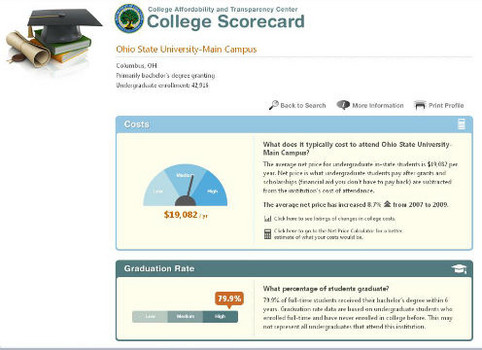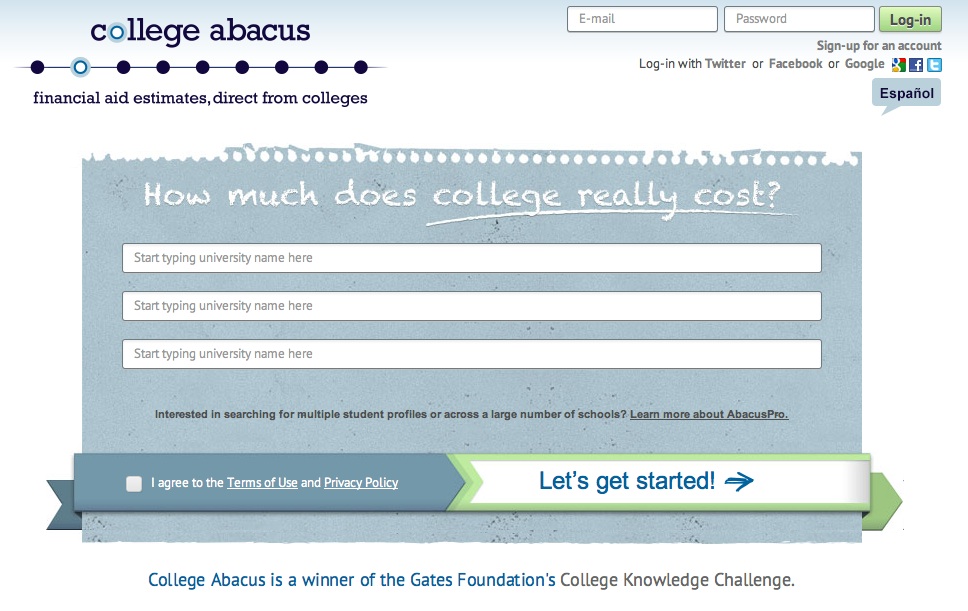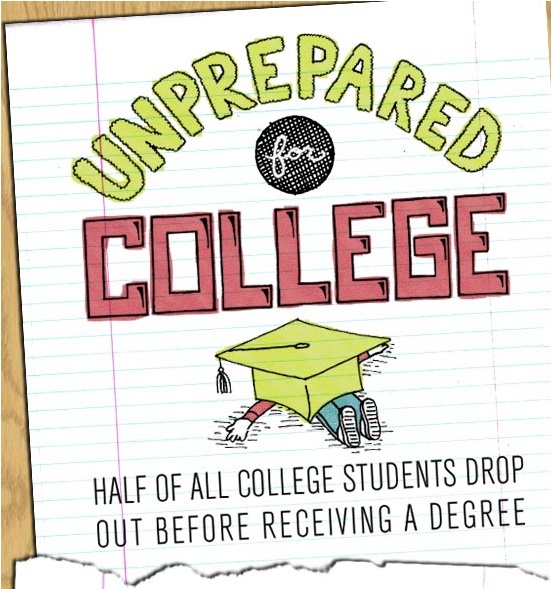 While educators are largely responsible for seeing to the academic needs of your children (although you will likely have to help a bit), your role as a parent is to prepare your children in other ways so that they can learn to care for themselves, live independently, make good decisions, and become functioning members of society when they leave home and strike out on their own. You’ll teach them all kinds of life skills during their time in your care, such as how to groom and dress themselves, the rules of appropriate social behavior, and the value of hard work. But there are certain lessons you’ll want to impart to your kids before they depart for the vaunted halls of learning. Here are five things to teach your kids before they leave for college:
While educators are largely responsible for seeing to the academic needs of your children (although you will likely have to help a bit), your role as a parent is to prepare your children in other ways so that they can learn to care for themselves, live independently, make good decisions, and become functioning members of society when they leave home and strike out on their own. You’ll teach them all kinds of life skills during their time in your care, such as how to groom and dress themselves, the rules of appropriate social behavior, and the value of hard work. But there are certain lessons you’ll want to impart to your kids before they depart for the vaunted halls of learning. Here are five things to teach your kids before they leave for college:
- Proper nutrition. You’ve no doubt been cooking for your kids their whole lives, which means they could leave home with little idea of how to feed themselves. Unless you teach them, they won’t know how to plan a healthy diet, shop for groceries, or prepare nutritious and balanced meals. But these are skills that you can teach your teens throughout their time in high school simply by making them help you with every aspect. Although they will have limited resources on campus with dorm rooms short on kitchen amenities, a thorough knowledge of diet and nutrition will at least help them to make healthy choices in the cafeteria.
- Organization. There are a couple of reasons why organization is an important skill for college students to master. First of all, they’re going to live in dorm rooms that are roughly the size of a shoe box, and most likely they’ll be sharing them with other students. The ability to organize one’s space will make this situation far more livable. But knowing how to organize one’s time is even more important to the harried student who has to juggle classes, studying, activities, internships, and perhaps even a part-time job. If you don’t help your kids develop these organizational skills they may sink when you throw them into the turbulent waters of campus life.
- Cleanliness. Sure your kids know how to pick up their clothes and put them in the hamper, but can they wash them? Chores like dusting, vacuuming, and doing the laundry may seem pretty basic, but that’s only because you’ve been doing them so long that they’ve become second nature. Your best bet to prepare your kids to see to their own cleanliness is to start assigning them chores when they’re young so that they form lifelong habits that will travel with them to college and beyond.
- Financial concerns. It’s surprising how many parents fail to impart even rote information about personal finances. Perhaps they assume that it’s covered in school. Unfortunately, this leaves many students facing a pile of debt or even damaged credit by the time they graduate. So talk to your kids about the dangers of credit cards and teach them basics like budgeting, balancing a checkbook, and preparing for taxes.
- How to reach goals. By showing your kids how to achieve successes through visualizing their goals, creating a step-by-step plan of action, using affirmations, building confidence, and adjusting course as necessary, you can help them to reach their potential. Whether your kids are eventually bound for Harvard Law or MBA online programs, they’re going to have to take certain steps if they want to reach their professional goals.
Parenting is much more about teaching lessons and setting examples than just funding their educations. Take the time to prepare them for college.



